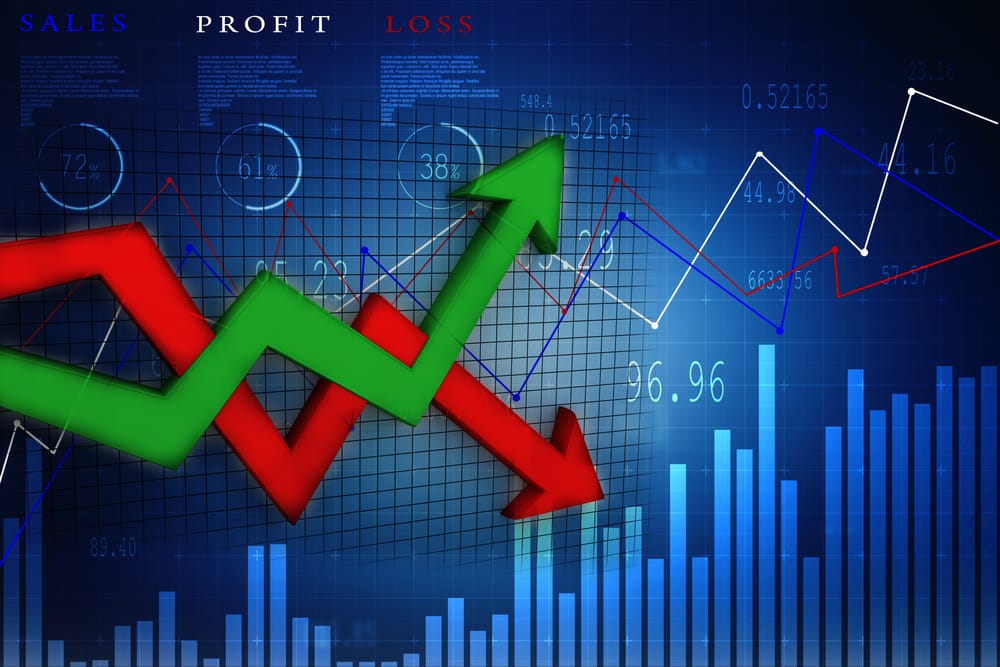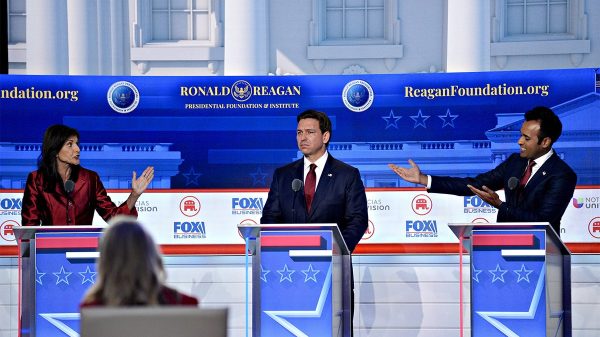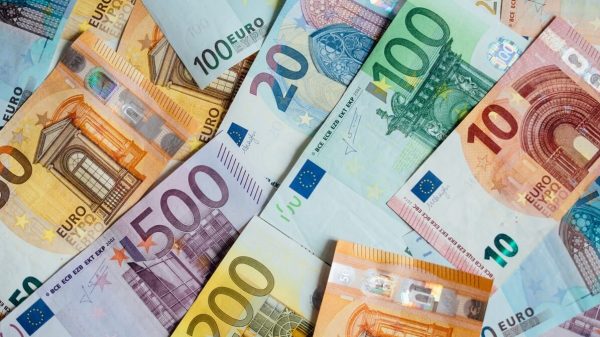
Germany’s Crisis: Energy strategy
German economy news has recently taken centre stage in a world that closely monitors economic developments, and not for all the right reasons. The economic powerhouse of Europe, Germany, is currently grappling with concerns over a potential recession and soaring inflation rates. These challenges are not just limited to the country’s financial landscape; they are also significantly impacting the political landscape, as experts suggest that they are causing a shift to the right. In this article, we delve into the complexities of the German recession and the rising inflation rate, with a particular focus on the country’s northern regions.
The German Economy at a Crossroads
As the global economy continues to evolve, Germany, once considered the engine of Europe’s prosperity, finds itself at a crossroads. The German recession is a topic that has been making headlines with increasing frequency, raising domestic and international concerns.
The resurgence of the “sick man of Europe” label has cast a shadow over Germany in recent weeks, echoing concerns from the late 1990s when the nation grappled with the formidable challenges of reunification. The largest economy in Europe is wrestling with a manufacturing slowdown and the burden of surging energy prices, making it susceptible to this historically critical moniker.
The German economic recession is characterised by a decline in economic activity, which has profoundly impacted the country’s labour market. Unemployment rates are rising, and businesses, particularly small and medium-sized enterprises, face unprecedented challenges. It’s not just an economic issue; it’s a matter of livelihood for many citizens.

Inflation on the Rise: Impact on Everyday Life
Parallel to the recession, the German inflation rate has been steadily climbing. The cost of living is becoming a growing concern for German households. Rising prices for essential goods, housing, and energy put immense pressure on family budgets.
Shell’s venture into the broadband sector began in 2017 when it acquired the UK energy firm First Utility. The acquisition also included First Utility’s broadband unit, which had been established in 2017. In 2021, Shell made further inroads into the telecoms sector by agreeing to acquire approximately 465,000 phone and broadband customers from the Post Office’s telecoms division. Although the financial details of this transaction were undisclosed, estimates suggest it ranged between £80 million ($101 million) and £100 million ($126 million). This diversification into telecommunications demonstrated Shell’s strategic adaptability and its pursuit of a multifaceted energy strategy.
Inflation has far-reaching consequences. It erodes the purchasing power of consumers, leading to reduced disposable income. It can also hamper investment as businesses grapple with higher production costs. The central bank and government are now facing the delicate task of implementing measures to curb inflation without stifling economic recovery efforts.
A Political Shift to the Right
As economic challenges persist, experts observe a notable shift in Germany’s political landscape. The rise of right-wing parties and populist movements is a trend that is becoming increasingly evident. Many attribute this shift to the economic woes the country is facing.
One ambitious goal on the German government’s horizon is achieving carbon neutrality by 2045. These aspirations gained renewed significance as Europe sought to distance itself from Russian gas supplies following the Kremlin’s full-scale invasion of Ukraine, resulting in a dramatic spike in energy prices. However, amidst these efforts to embrace sustainability, a growing “greenlash” is becoming apparent as the public begins to feel the financial strains of the transition.
Navigating Turbulent Waters
The current state of the German economy is a topic of global interest, with repercussions on financial markets and political dynamics. German economy news paints a picture of a nation at a crossroads, facing the challenges of a recession and a soaring inflation rate. These issues are especially acute in northern Germany, where the cost of living is high, and the impact is deeply felt.
Germany’s recent economic challenges have brought back an infamous epithet, but the nation is no stranger to adversity. With a renewed focus on sustainability and a shifting energy landscape, Germany is navigating uncharted territory. Meanwhile, Shell’s strategic moves in the energy and telecoms sectors underscore the ever-evolving nature of the global energy industry, where adaptability is key to thriving in a dynamic and fast-paced environment.
The shift to the right in German politics reflects the growing discontent among the population. People are looking for answers and change in the face of economic uncertainty. As Germany navigates these turbulent waters, the world watches closely, recognising this economic powerhouse’s significant influence on the European and global stage.
The post Germany’s Crisis: Energy strategy appeared first on FinanceBrokerage.






















